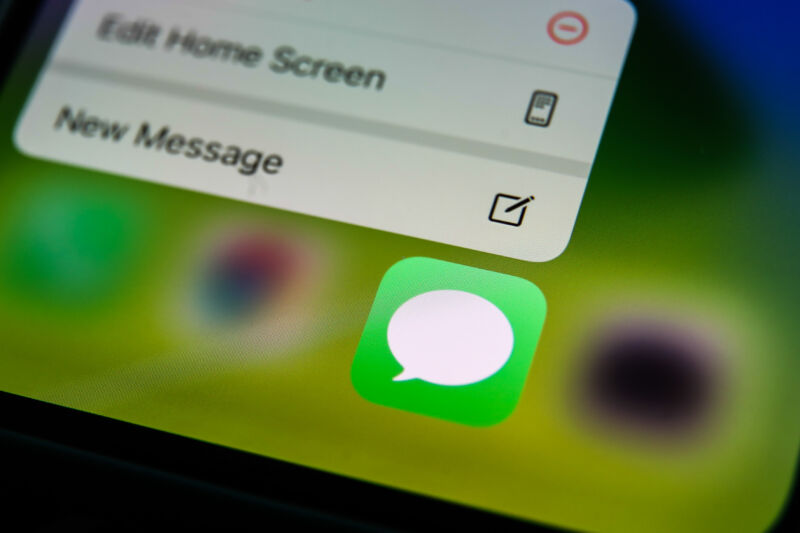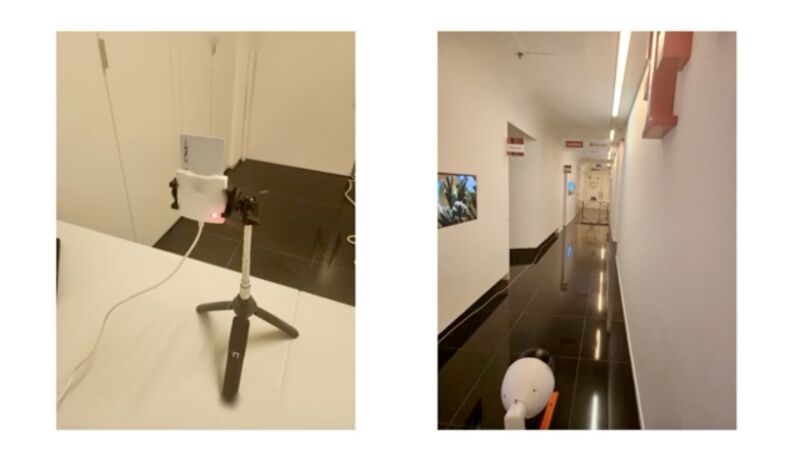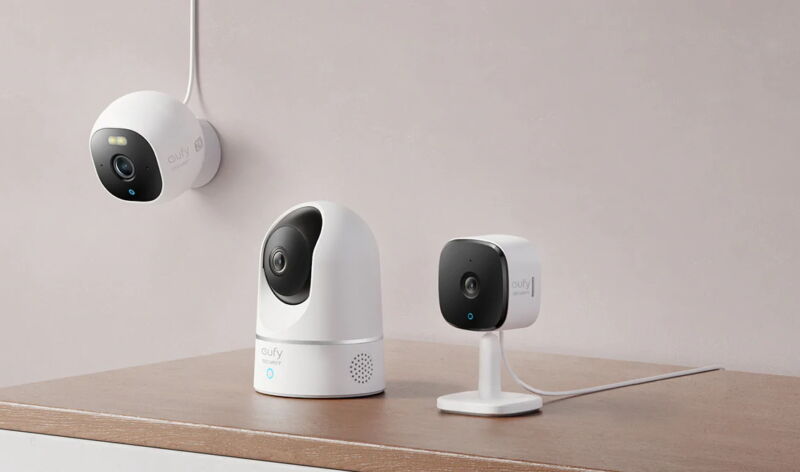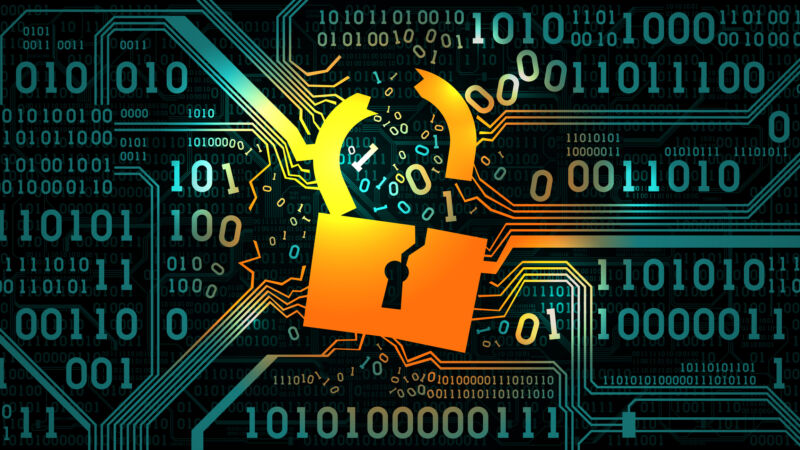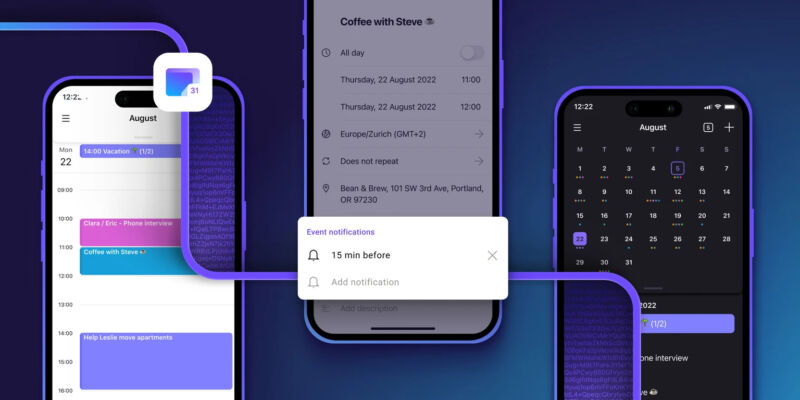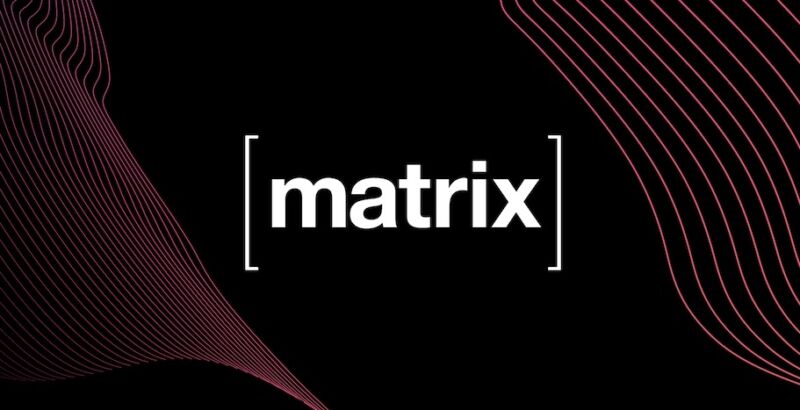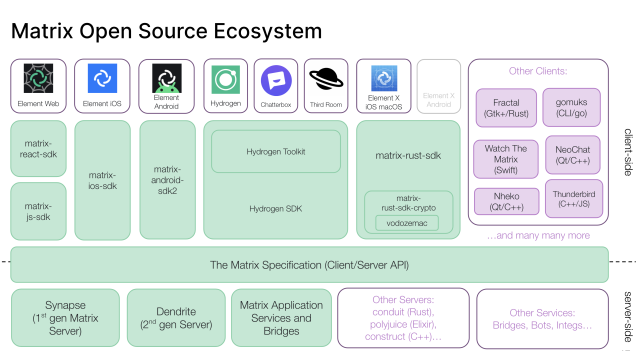 In the wake of Russia’s invasion of Ukraine, French satellite broadcaster Eutelsat
refused
to stop Russia from using its satellites.
In the wake of Russia’s invasion of Ukraine, French satellite broadcaster Eutelsat
refused
to stop Russia from using its satellites.
Russia relies on state-run TV channels to spread propaganda, and since 50% of homes have access to a satellite dish, keeping this one-way communication mechanism open is a priority. Last month Eutelsat reported that two of its satellites were being jammed by interference, in this case, a likely attempt by Iranian authorities to silence the opposition there.
But what if there was a much simpler way to black out millions of TV sets, across an entire country, without firing a shot? These are big questions for Russia right now, and according to reports, Moscow has no intention of letting that happen.
Locked Down By Foreign Technologies
Russians have access to a number of free-to-air channels but an estimated 30% of the population also pay to access subscription packages. To ensure that only those who pay get to watch, premium TV is protected by so-called conditional access systems and when Russian providers placed their orders, anti-piracy companies in the U.S. and EU scooped up the business.
This puts Russia in a bit of a spot, to put it mildly. On the one hand, these effective systems help to protect broadcasters from piracy. On the other, companies based in countries now seen as the enemy have the power to effectively disconnect millions of people, using systems that were designed for precisely that job.
Russia Says That it Will Remove the Threat
Whether this type of blackout would ever happen is another matter, but Russia doesn’t like what it sees.
Alexey Volin, Director General of state-backed satellite operator Russian Satellite Communications Company (RSCC), told
Izvestia
that his company is already developing a domestic system to help replace anti-piracy solutions operated by foreign companies.
Telecommunications company GS Labs develops similar anti-piracy systems as an affiliate of Russia’s largest pay TV operator, Tricolor TV. According to GS Labs’ director of sales, Alexey Goylo, the risk of overseas companies controlling access to broadcasts isn’t limited to locking consumers out. They also have the means to turn off anti-piracy measures altogether.
“The operator would then have to broadcast an unencrypted signal, which would destroy his business model,” Goylo told Izvestia.
Ready By The End of 2022
Russian Satellite Communications Company (RSCC) says it hopes to have its solution ready by the end of the year and GS Labs says it would like to be involved. State-controlled telecoms company Rostelecom welcomed RSCC’s efforts to counter what one expert described as a foreign “trojan horse” inside Russia’s pay TV market.
“We are ready to consider the use of a domestic solution, subject to its integration with existing subscriber devices and competitiveness in price with existing conditional access systems,” Rostelecom said.
The names of the Western anti-piracy companies are absent from media reports but familiar names have been protecting Russian content from piracy for many years.
In 2013, Irdeto
announced
that it had been selected by the Russian Satellite Communications Company to secure content distributed by RSCC satellites. Four years later, Irdeto reported that its
technology
had been deployed across
two million Russian subscribers
to protect content owned by broadcaster MTS.
Then, after sealing
another deal in 2021
, this year Irdeto employees enjoyed a short break from the fight against piracy as they volunteered to
help out Ukrainian refugees
fleeing the war.
Image credits: Pixabay/
geralt
From:
TF
, for the latest news on copyright battles, piracy and more.
 chevron_right
chevron_right


